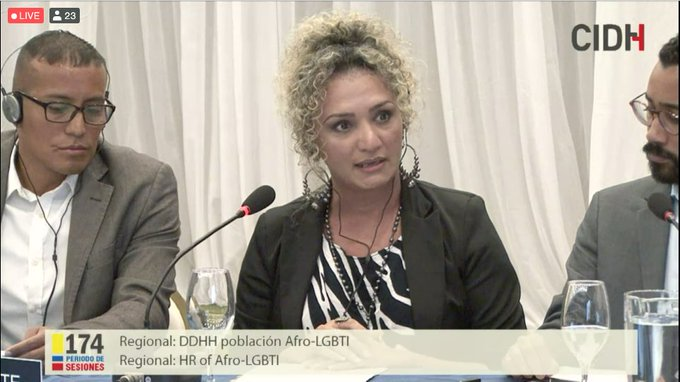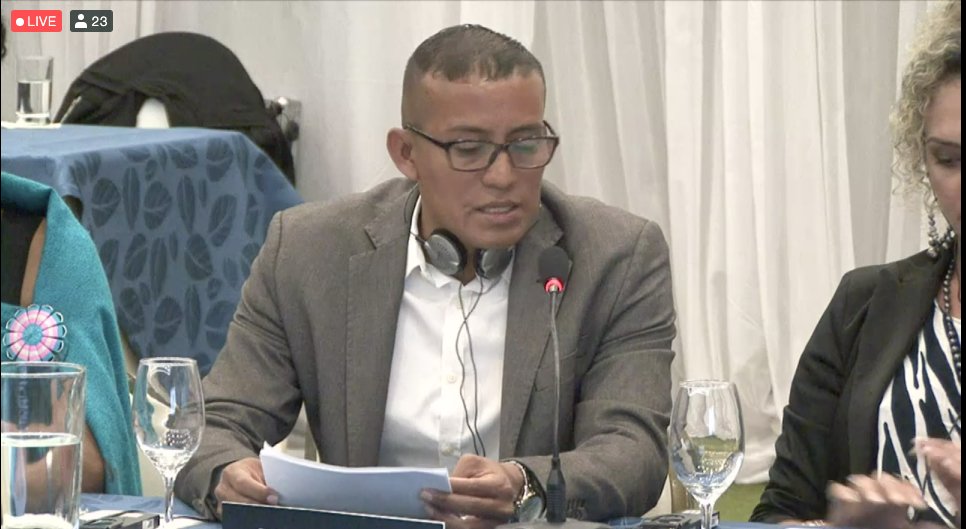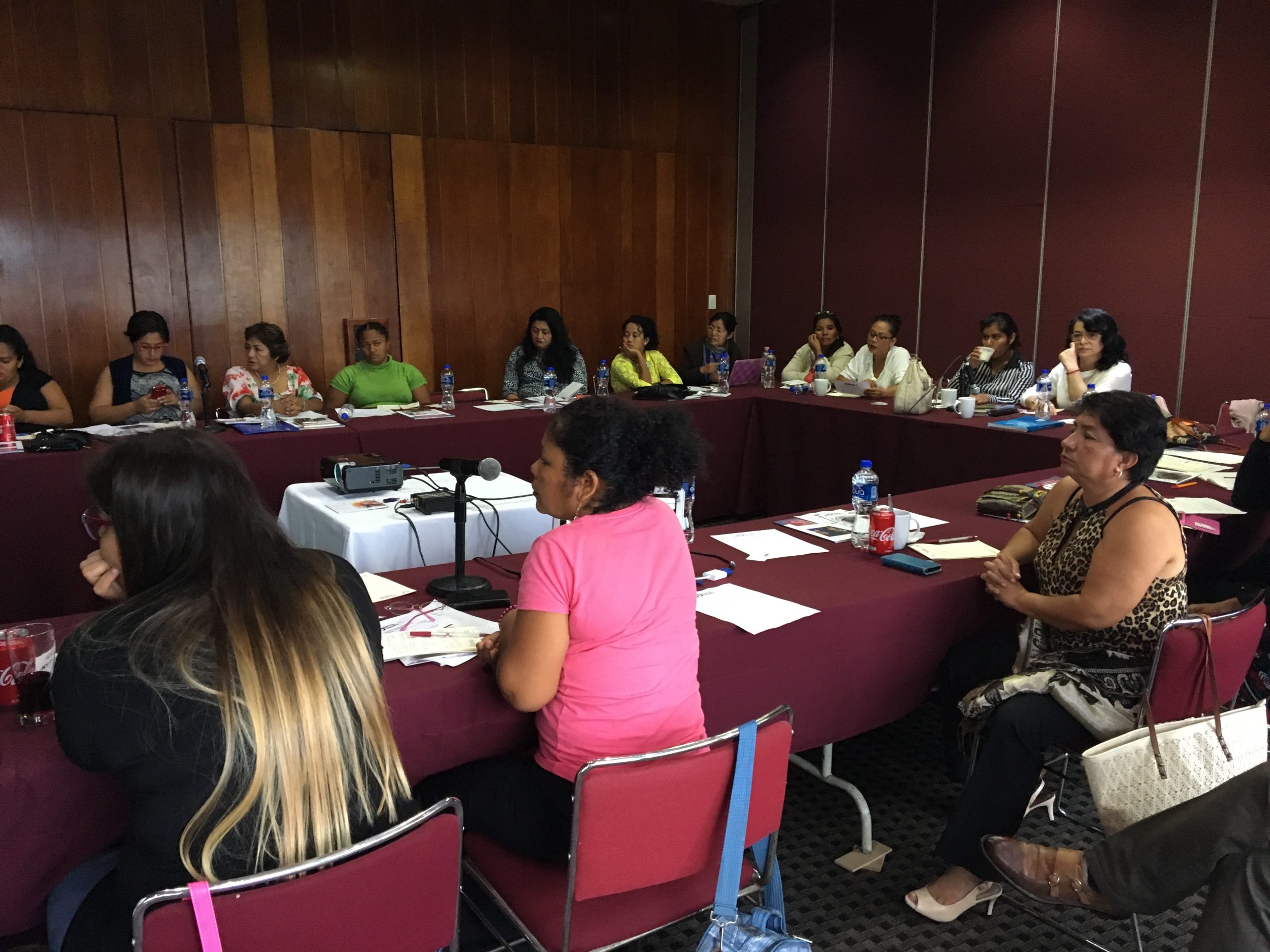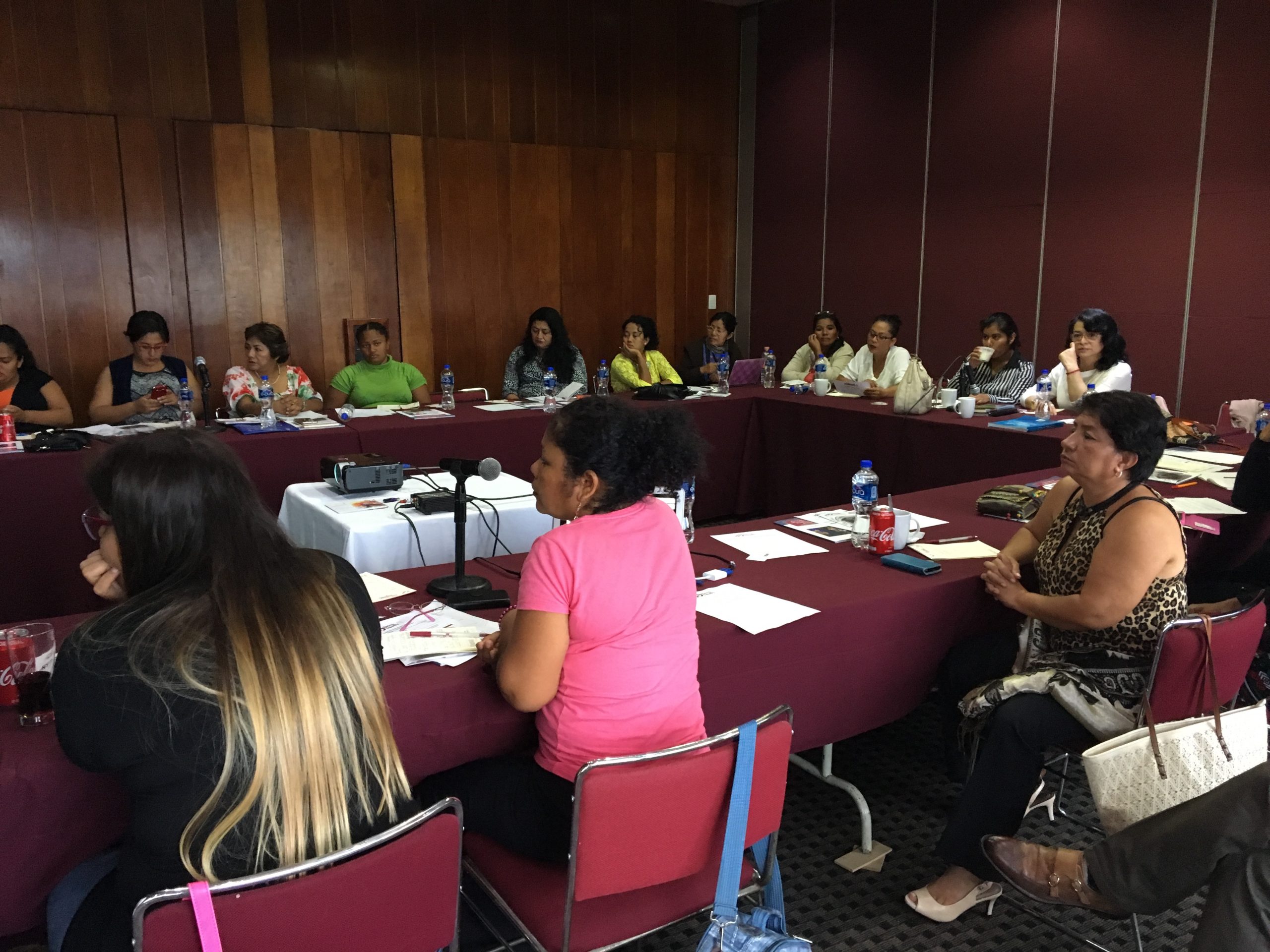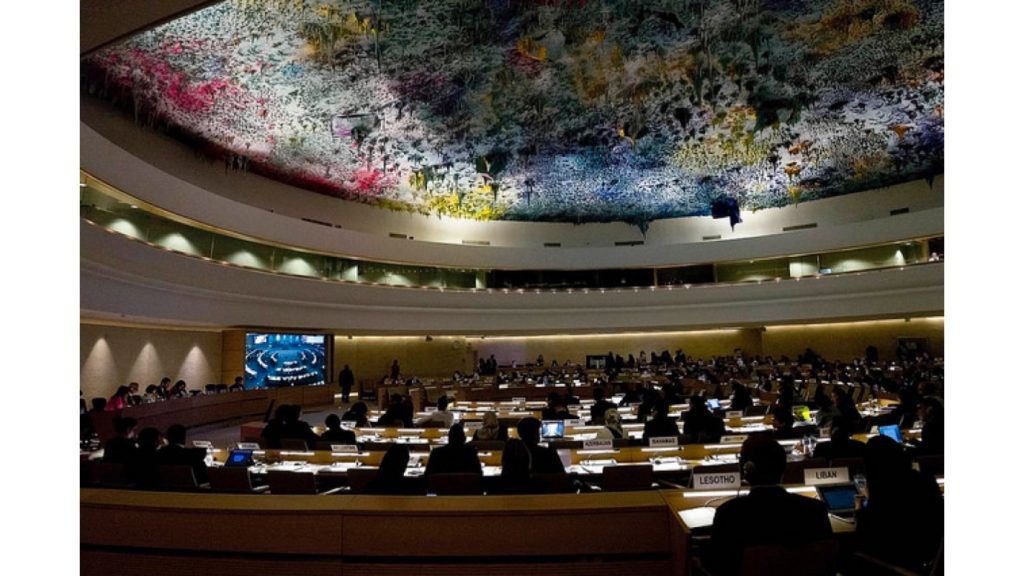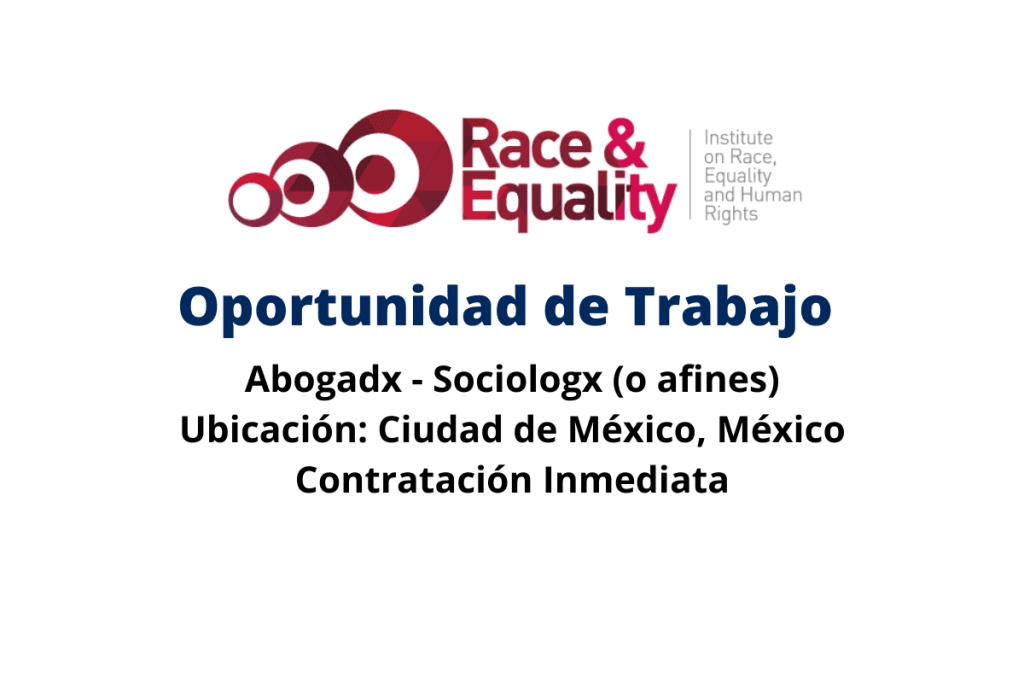International and National Civil Society Organizations call on the Inter-American Commission on Human Rights (IACHR) to rule on serious violations of the rights of trans women in Peru
Washington, D.C. and Peru. April 1, 2020. The undersigned organizations and individuals turn to the Honorable Inter-American Commission on Human Rights (IACHR) because we are deeply concerned that the National Police and Peruvian Armed forces are violating the rights to integrity, gender identity, and dignity of trans people. This is occurring in the context of the pandemic caused by the coronavirus.
Recently, we have seen with deep concern that, within the context of this emergency and the pandemic caused by the coronavirus, the National Police and the Peruvian Armed Forces are violating human rights such as the right to integrity, gender identity, and dignity of trans people. We emphasize that according to Article 27 of the American Convention on Human Rights, State parties can restrict certain rights in emergency situations; however, the right to life, personal integrity, or name (identity) cannot be suspended.
Videos[1] of trans women[2] have been circulated through social networks showing them being discriminated against because of their gender identity, being detained along with men, harassed, and forced to shout “I want to be a man,” among other mistreatment and humiliation.
We are deeply concerned that the Public Force in Peru is not complying with the recommendations of the World Health Organization, and thus putting all detainees at risk of contracting the coronavirus. Furthermore, they are violating Inter-American standards on the human rights of LGTBI people.
On February 24, 2018, in the merits report on the Case of Azul Rojas Marín and other, the IACHR recommended that the Peruvian State adopt non-repetition measures and train the Public Force in the prohibition against acts of torture, sexual and other violence adverse to the LGBT population. The IACHR also recommended that the Peruvian State issue a clear message of rejection against these types of actions. Furthermore, Advisory Opinion OC-24/17[3] from the Inter-American Court of Human Rights indicated that State parties, the Peruvian State among them, must refrain from carrying out and promoting discriminatory acts against LGBTI persons.
We urgently call on the IACHR to ask the Peruvian State to uphold its obligation to respect human rights and we stress that in emergency situations in which certain rights are constitutionally restricted, the obligation of States to guarantee the right to life, integrity, and identity of people in the highest state of vulnerability intensifies.
The undersigned organizations and individuals request that the Inter-American Commission on Human Rights publicly denouce these human rights violations.
International Institute on Race, Equality and Human Right (Race and Equality)
Féminas Perú
Lesbianas Independientes Feministas Socialistas (LIFS)
Más Igualdad Perú
Bloque Universitario Feminista
Movimiento de Lesbianas y Bisexuales de Arequipa- LESBIA
En Movimiento
Kachkaniraqmi Colectiva Lesbotransfeminista del Cusco
OutFestPerú
Estudio para la Defensa de los Derechos de la Mujer (DEMUS)
Sociedad Trans FTM Perú
Proyecto Somos Menstruantes
Reforma Trans PUCP
Se Acabo el Silencio- Facultad de Arte y Diseño (SAES PUCP)
Ser Transparentes
Visibilidad Transmasculina
Centro de Desarrollo de la Mujer Negra Peruana (CEDEMUNEP)
Ashanti Perú
Casa Trans Zuleymi
María Ysabel Cedano García, activista lesbiana feminista socialista
Jaqueline Barrios, activista independiente LGBTI
Santiago Balvín, activista independiente por los derechos trans
Marie Payano Ramos, activista independiente LGBTI
Gahela Cari Contreras, mujer trans, activista por los derechos LGBT
Ana María Vidal, abogada litigante defensora de derechos humanos de personas trans
Mariel Távara Arizmendi, activista feminista
Micaela Távara, Artivista y docente feminista, Trenzar
Denisse Chavez,
activista feminista
[1] https://twitter.com/CariGahela/status/1242542293933940736
[2] https://twitter.com/CariGahela/status/1244395266070855680
[3] https://www.corteidh.or.cr/docs/opiniones/seriea_24_esp.pdf

